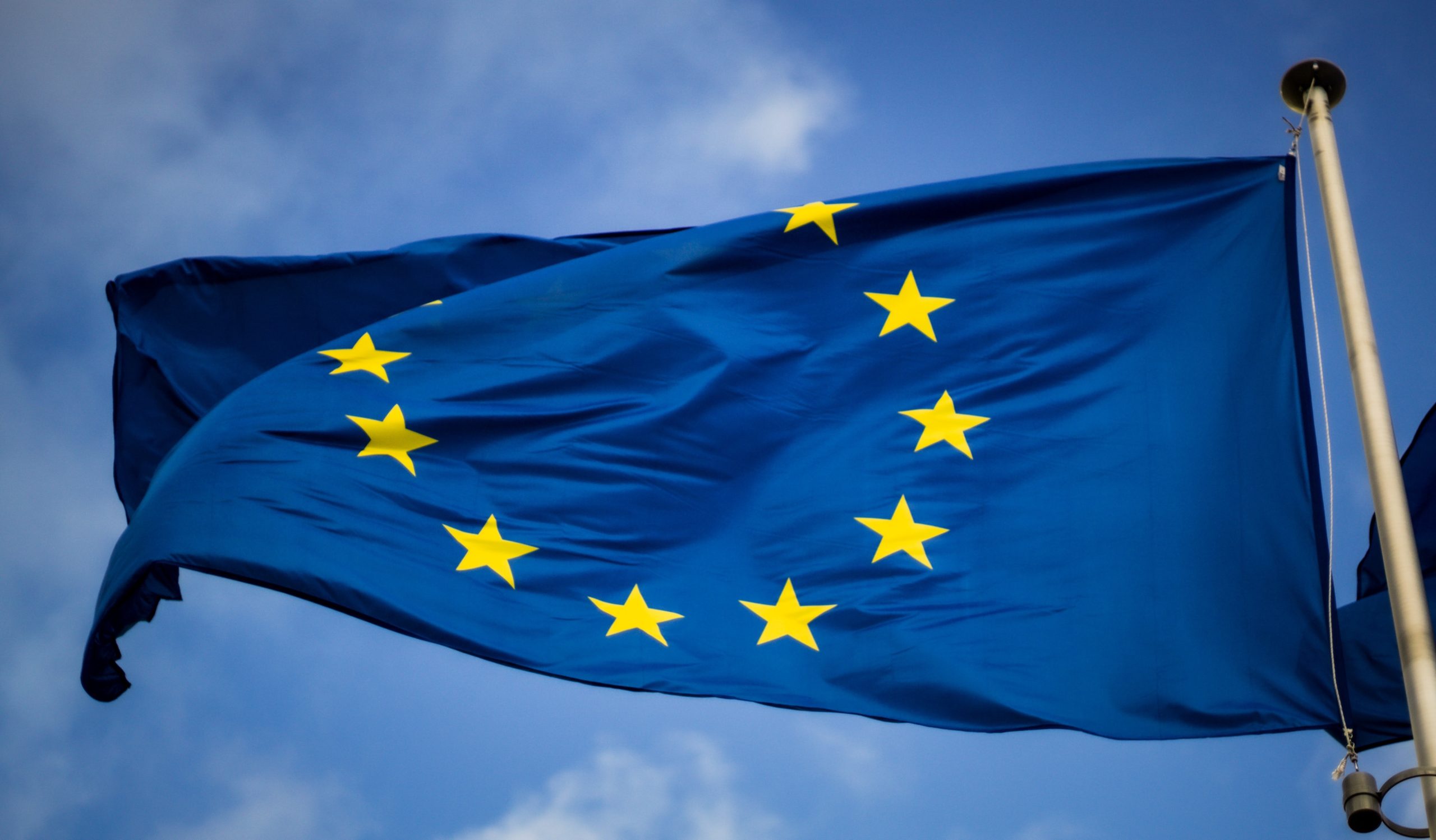The Costa-Cifone case (decision of the European Court of Justice of 16 February in joined cases C-72/10 and C-77/10) has given rise to the first judgment of the European Court of Justice regarding gaming regulation in Italy after the enactment of the so called “Decreto Bersani” (Decree No. 223 of 4 July 2006), which had set forth some provisions with the purposes of removing any possible conflicts between the relevant legal framework and EU principles and, thus, remedying any potential breaches of the E.U. law with respect to the market of betting (for an overview on the past case law of the ECJ on the matter, see this comment).
Bersani Decree, in particular, provided for the issuance of several licenses for betting on events other than horse races, without placing any restrictions depending on the nature of companies for their eligibility to participate in the relevant public tendering procedure.
However, such provisions established that, once assigned, licenses may nevertheless be revoked under certain circumstances, including the case when the “licensee markets, either itself or through a company linked to it – whatever the nature of that link – on Italian territory or by means of data transmission sites located outside Italian territory, games analogous to public games or to other games operated by the AAMS, or games which are prohibited under Italian law”.[1]
In the light of that, the British bookmaker Stanley decided not to participate in the public tender for the issuance of licenses that was launched in 2007. However, over the past years it had established a wide network of intermediaries operating in Italy as data transmission centers. Among them, Mr. Costa and Mr. Cifone were charged with illegal gambling under Section 4, Paragraph 4-bis and 4-ter of Law 401 of 13 December 1989 as they continued operating as intermediaries although Stanley had no license to provide gaming services within the Italian territory.
On one hand, the decisions rendered by the relevant Italian courts faced with the impact of the Placanica ruling on the Italian law. As a consequence of that, in fact, most of criminal and administrative courts had changed their original approach, ruling that Italian law was in contrast with the fundamental principles of European Union since had excluded from the public tender procedures held in 1999 certain types of companies without a sound legal basis. Thus, criminal courts dismissed the charges with illegal gambling for the intermediaries of companies which had been prevented from obtaining a license due to a provision found to be in breach of European law.
On the other hand, however, Italy expected to have ceased any breach of European law, having afterwards issued a number of new licenses with no restrictions depending on the nature of companies. But in the proceedings against Mr. Cifone and Mr. Costa, the defendants argued that also the provisions enacted in 2006 were incompatible with European law since they posed some restrictions: first, by establishing that the holders of the licenses granted in 2006 must respect a minimum distance from the other operators when setting up their premises; second, by imposing the possible withdrawal of a license in case (i) the licensee directly or indirectly carries on cross-border betting or gaming activities analogous to those under the license or (ii) a criminal proceeding is started against the licensee, its legal representatives or executives for an offence liable to breach the relationship of trust with the AAMS (the Italian governmental licensing Authority).
Therefore, the Supreme Court of Cassation referred a question to the European Court of Justice for preliminary ruling.
According to Court, it is undisputed that the Italian legislation poses some restrictions to the freedom of establishment and the freedom to provide services. Thus, such restrictions have to be justified on public interest grounds. In accordance with its ruling in Placanica, the Court has pointed out that the overriding objective of public interest may not be found in the purpose of limiting consumer’s propensity to gambling, as Italian recent regulatory developments are clearly intended to expand the gaming opportunities.
Had Italy in fact pursued such an objective, it would have rather revoked and reassigned the licenses first granted in 1999, after having removed the requirements found to be in breach of European law. But in 2006 Italy decided to increase the number of licenses for gaming operators, therefore these provisions aimed at growing the tax revenues arising from gambling and this objective is incompatible with the purpose of limiting consumers’ enjoyment of gaming services.
Rather, the control over the operators applying for obtaining licenses may, under certain conditions, amount to an overriding public interest justifying the restrictions posed by Italian law, in so far they aim at preventing possible criminal interferences.
As to the first issue, none of the overriding public interests alleged to be underlying the provision imposing a minimum distance to the holders of new licenses meets the criteria set forth by the European Court of Justice. It goes without saying, in the Court’s opinion, that such a measure protects the market positions acquired by the operators already established in Italy and results in an unjustified difference in treatment of betting providers.
With respect to the second issue, the Court has pointed out that the withdrawal of a license may give rise to significant loss and damages for the holder thereof; as a consequence of that, any operator interested in providing betting services may asses the risk to be involved in criminal proceedings, since in that case the withdrawal of the license could be a material issue.
However, in the Court’s opinion, such a provision does not specify with a proper degree of certainty which offences may affect the relationship of trust between an operator and the AAMS. Then, operators may be uncertain whether the risk of withdrawal of license is material or not.
In addition to that, the Court believes that a measure such as the exclusion of operators from the market, as a consequence of the withdrawal, is not proportionate to the objective of preventing criminal activities. It may be considered proportionate only in case the withdrawal was based on a judgment that has become final or if the legal system allows the concerned operator to appeal the decision of withdrawal or to obtain a proper compensation of damages.
Stanley did not participate in the public tendering procedures since at that time (in 2006) its executives had been charged with illegal online gambling in Italy. Afterwards, the European Court of Justice in Placanica (delivered on March 2007) struck down the Italian provisions imposing criminal penalties on companies which had been excluded from the tendering procedure held in 199 due to a violation of the E.U. fundamental principles.
Since in 2006 Stanley had not applied for a license because of the risk of withdrawal, the issuance of new licenses, according to the Court, has not provided any remedy to the previous breach of European law, which resulted in the Stanley’s decision not to take part to the tendering procedure and, accordingly, in its exclusion from the Italian market.
As a consequence of the above, no criminal penalty may be applied to operators acting on behalf or in connection with a company, such as Stanley, unlawfully excluded (twice…) from the public tendering for betting licenses.
Additionally, with respect to the third issue the Court has found that the conditions for the withdrawal of the granted licenses set forth by the relevant provisions are unclear. For the same reasons above, therefore, the public tendering procedures in 2006 did not remedy the original breach of European law and the exclusion of Stanley from the Italian market.
[1] Section 23(3) of the Model contract between the AAMS and the successful tenderer for the licence for betting on events other than horse race.


